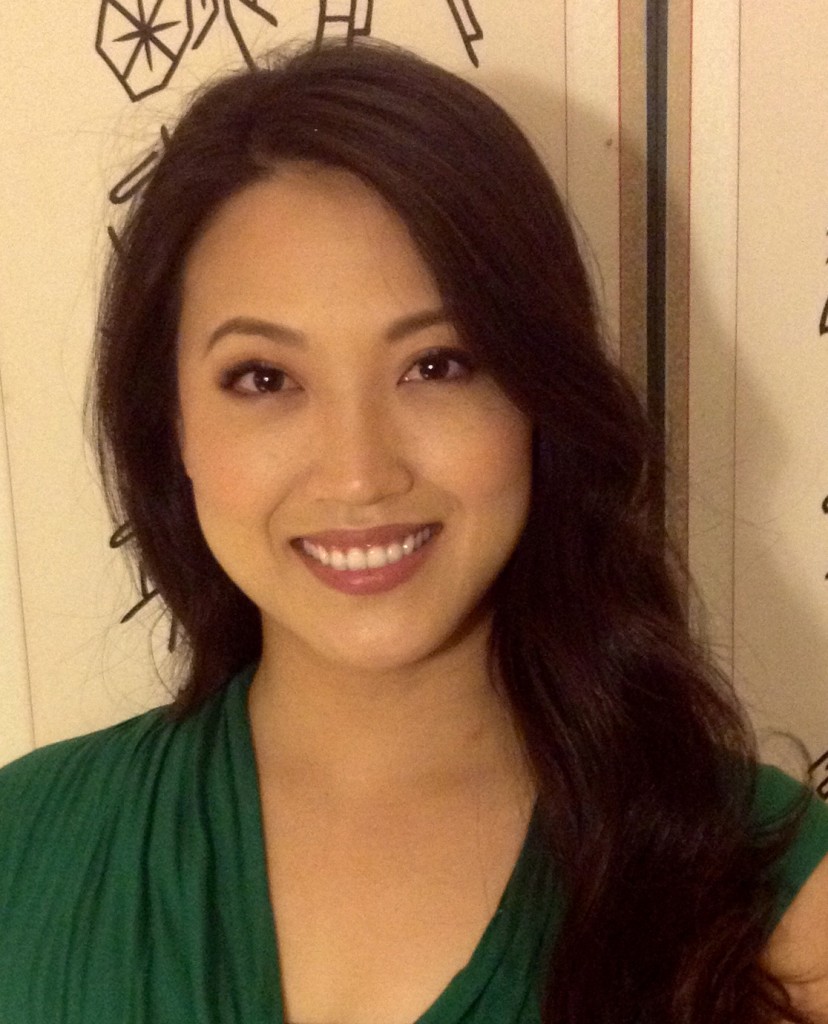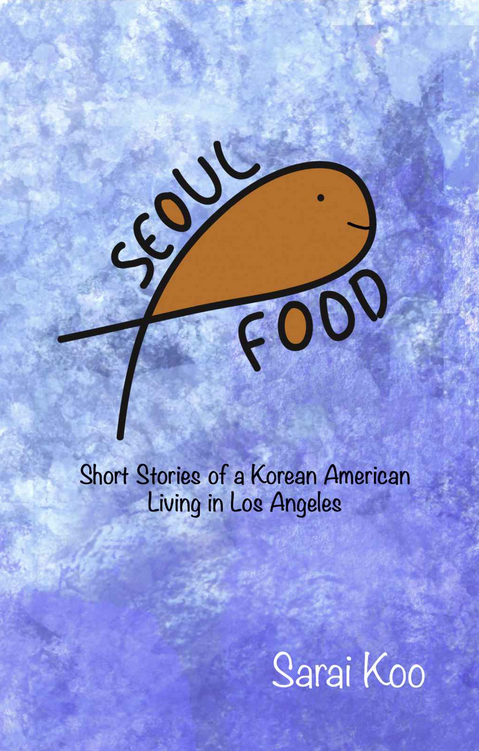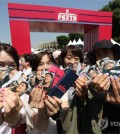- California Assembly OKs highest minimum wage in nation
- S. Korea unveils first graphic cigarette warnings
- US joins with South Korea, Japan in bid to deter North Korea
- LPGA golfer Chun In-gee finally back in action
- S. Korea won’t be top seed in final World Cup qualification round
- US men’s soccer misses 2nd straight Olympics
- US back on track in qualifying with 4-0 win over Guatemala
- High-intensity workout injuries spawn cottage industry
- CDC expands range of Zika mosquitoes into parts of Northeast
- Who knew? ‘The Walking Dead’ is helping families connect
Sarai Koo’s ‘Seoul Food’: A Korean American story
By Tae Hong
“Life can be like jeon, Sarai,” the mother of “Seoul Food” author Sarai Koo tells her in the recently released book, as they feast on the traditional Korean pancake made with a variety of ingredients of different colors and textures.
“Wherever you go, you will have various encounters and will come to experience what to do and what not to do, how to live and how not to live,” her mother says to the young girl. “I want you to always be a flavorful jeon who will spice up the lives around you.”
The advice went heeded — Koo dove into the complexities of her Korean American experience as she saw it for her book, filled with vignettes and observations from a second-generation childhood spent moving around pockets of Los Angeles.
They’re the same learnings that pushed her into a career as a consultant and educator for disadvantaged students, and the same ones that she says she felt a need to introduce to readers, especially with a lack of non-fiction books about the journey toward finding identity as a Korean American.
“My second-generation, we wanted to deny our Korean identity,” she said. “We wanted to be American.”
Koo said the book details her journey of learning to appreciate the Korean culture that many second-generationers rejected — music, food, television — and her road to better communication about those differences with her parents.
“Seoul Food” is told through inspirations found in pieces of Korean culture.
Bojagi, a Korean wrapping cloth, is the item that taught Koo unity in the way of her grandmother and her tendency to cut fabrics to make one whole cloth; Bibimbap and banchan, foods made with many parts, reminded Koo of people.
“My life is like bibimbap,” she said. “A mixture of friends and people. It’s mixed together. I have triggers and memories, and they have impacted me to lead me to do what I do now.”
The aforementioned jeon, a pancake, was another lesson in appreciating yourself as you are, leaving all the parts in.
A snippet from the book includes the memory of watching her father, who owned a store in town, come home one night limping and beat-up after being threatened by a gun and knife for his earnings, and the horror of watching his former store, a gas station in South Central, lit on fire during the LA riots on television.
The questions, the bullying, racial comments, confusion by society’s ideals of beauty, feeling alienated from both Koreans and Americans — these personal experiences now form the groundwork through which she leads students toward better paths, she said.
Her non-profit, MAPS 4 College, provides guidance to kids via after-school programs and college prep courses.
Students range from the chronically depressed to those who face bullying in school and those who need motivation. She runs MAPS using her own theory called SPICES, a curriculum based on how Koo sees people and life.
The idea is that everyone has their own kashi, or fish thorns, that give them pain, she said.
“We’re not supposed to hide [the thorns.] We have to take it out. I’m taking them on a journey to take out their kashis,” Koo said.
After studying human development as an undergraduate at the University of California, San Diego, it was clear what she wanted to do.
“I thought, how do we change the trajectory of people’s lives?” she said. “Let’s work with youth before it’s too late. Youth are malleable. You can redirect the way that they think and live life.”
MAPS has helped more than 16,000 students, community members and adults since its 2006 beginning as a consulting service. In 2014, it was awarded by California Parks & Recreation Society as the best community-based organization in the San Gabriel Valley region.
Koo is working toward making “Seoul Food” into a theater play, and is looking for a Korean translator for the book. Her parents are waiting for the Korean version.
“I knew when I was young, I just knew, inside of me, I had a vision. I had a message to share, but I didn’t know what it was,” she said. “I didn’t want to be a motivational speaker. You can talk all you want, but where’s the proof? My life journey is the journey of finding and becoming.”
Read more about the book at SeoulFood.us, and visit the author at saraikoo.com.



















Jon Levin
October 23, 2016 at 8:33 PM
I admire Sarai. I have always wished I knew her better and perhaps I will by reading her first book. I am sure there will be more to come.